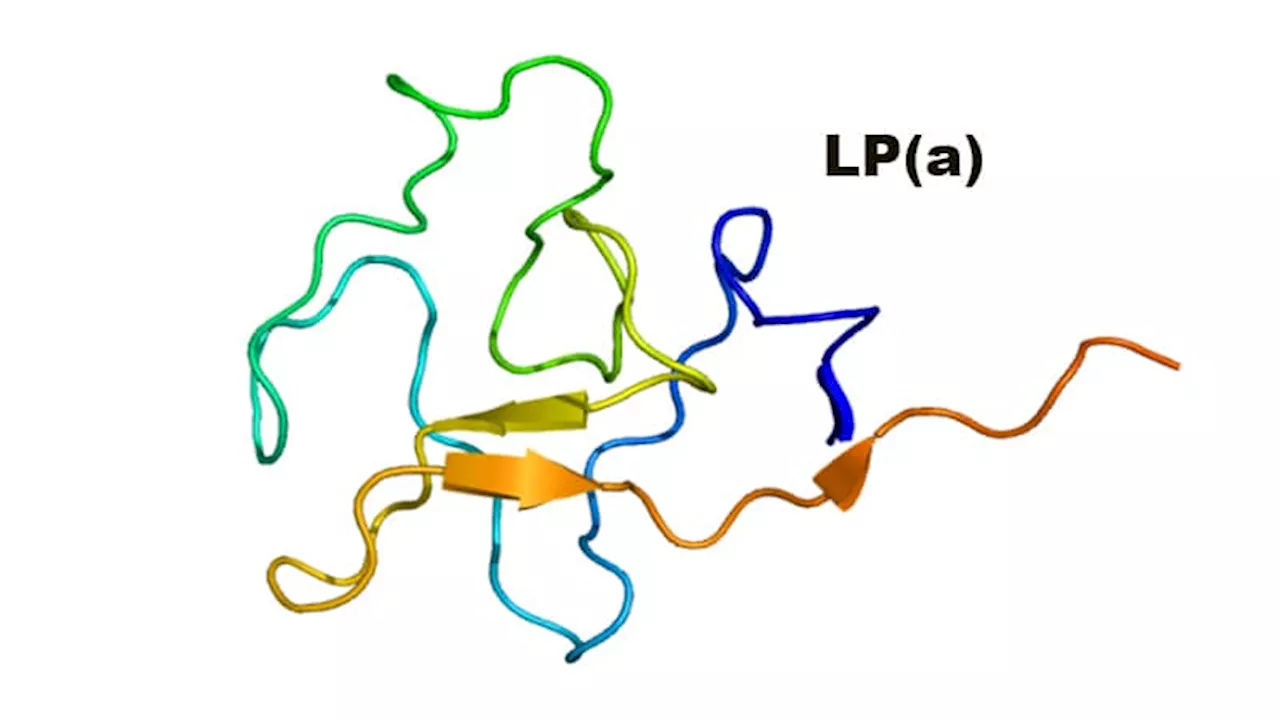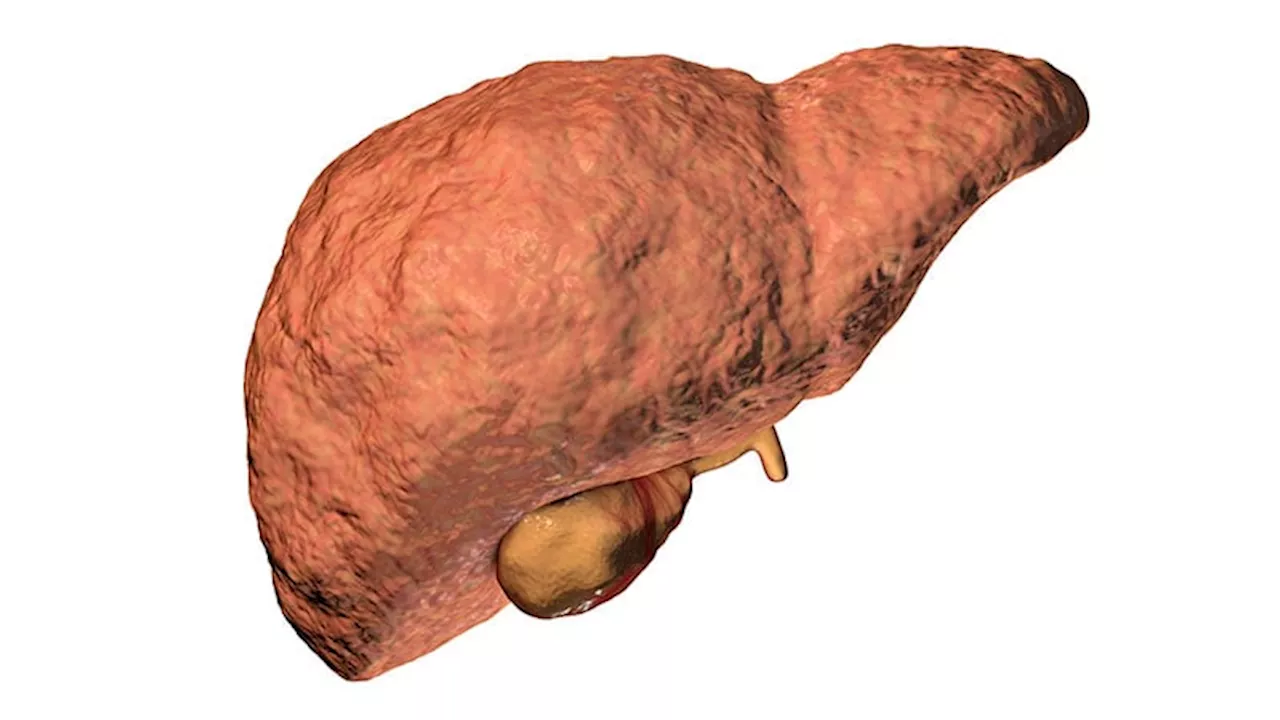Patients with seropositive RA on stable DMARD therapy showed a CVD risk comparable with that of the general population, unlike those whose treatment regimen was not stable.
The risk for CVD in patients with RA is closely associated with increasing levels of systemic inflammation; however, the risk for CVD in those with RA who are on stable DMARD therapy is still unknown.
Researchers assessed the risk for CVD in patients identified from the Norwegian Cardio-Rheuma Register who had at least two seropositive RA diagnosis codes and at least one DMARD prescription. They classified patients into two groups: The stable treatment group, comprising patients who retained their initial DMARD throughout follow-up and had no corticosteroid prescriptions beyond the initial 6 months after diagnosis , and the nonstable treatment group, comprising the remaining patients .
All patients were matched 1:10 to control individuals from the general population for birth year and sex.The stable treatment and control groups had comparable baseline CVD and associated risk factors , unlike the nonstable treatment group that had a higher prevalence of established CVD and associated risk factors.
The risk for 5p-MACE was lower in the stable treatment group than in the nonstable treatment group (adjusted hazard ratio , 0.
RA - Rheumatoid Arthritis Rheumatoid Arthritis (RA) Acute Stroke Disease-Modifying Antirheumatic Drugs Dmards DMARD Arthritis Joint Inflammation Acute Coronary Syndrome ACS - Acute Coronary Syndrome Acute Coronary Syndrome (ACS) Heart Failure Hospitals CV Risk Cardiovascular Risk CV Risk Factors Cardiovascular Risk Factors Cardiovascular Risk Management Angina
United States Latest News, United States Headlines
Similar News:You can also read news stories similar to this one that we have collected from other news sources.
 DMARD Taper to Discontinuation With Conventional Synthetics or TNF Inhibitors Increases Flare Risk in RAIn two trials, most patients with RA in remission who tapered csDMARD or TNF inhibitor drugs to withdrawal experienced flares within 3 years.
DMARD Taper to Discontinuation With Conventional Synthetics or TNF Inhibitors Increases Flare Risk in RAIn two trials, most patients with RA in remission who tapered csDMARD or TNF inhibitor drugs to withdrawal experienced flares within 3 years.
Read more »
 Lp(a) Tied to Higher CVD Events; Risk Reduction With IPENew analysis of the REDUCE-IT trial suggested benefit of icosapent ethyl doesn't vary by Lp(a) level and confirmed risk for Lp(a) with high triglycerides but not cholesterol.
Lp(a) Tied to Higher CVD Events; Risk Reduction With IPENew analysis of the REDUCE-IT trial suggested benefit of icosapent ethyl doesn't vary by Lp(a) level and confirmed risk for Lp(a) with high triglycerides but not cholesterol.
Read more »
 Arm Fat Raises CVD Risk in People With Type 2 DiabetesIn people with type 2 diabetes, cardiovascular disease risk was higher with extra fat on the arms or trunk and lower with extra fat on the legs.
Arm Fat Raises CVD Risk in People With Type 2 DiabetesIn people with type 2 diabetes, cardiovascular disease risk was higher with extra fat on the arms or trunk and lower with extra fat on the legs.
Read more »
 Metabolic Dysfunction-Associated Steatotic Liver Disease Plus HIV Ups Risk for CVD but Not Liver DiseaseA large study reveals an increased risk for adverse cardiovascular events but not for liver disease progression in adults with MASLD disease and HIV infection.
Metabolic Dysfunction-Associated Steatotic Liver Disease Plus HIV Ups Risk for CVD but Not Liver DiseaseA large study reveals an increased risk for adverse cardiovascular events but not for liver disease progression in adults with MASLD disease and HIV infection.
Read more »
 Tuberculosis Screening Gaps Persist in New DMARD UsersSubstantial patient safety gaps regarding latent tuberculosis screening persist among new users of biologic or targeted synthetic DMARDs, suggested a nationwide cohort study.
Tuberculosis Screening Gaps Persist in New DMARD UsersSubstantial patient safety gaps regarding latent tuberculosis screening persist among new users of biologic or targeted synthetic DMARDs, suggested a nationwide cohort study.
Read more »
 Modifying Gut Microbiota May Enhance DMARD Efficacy in RAInvestigators have found evidence suggesting that bad bugs in the belly may contribute to inflammation in the joints, and that modulating gut microbes could improve rheumatoid arthritis treatment.
Modifying Gut Microbiota May Enhance DMARD Efficacy in RAInvestigators have found evidence suggesting that bad bugs in the belly may contribute to inflammation in the joints, and that modulating gut microbes could improve rheumatoid arthritis treatment.
Read more »
